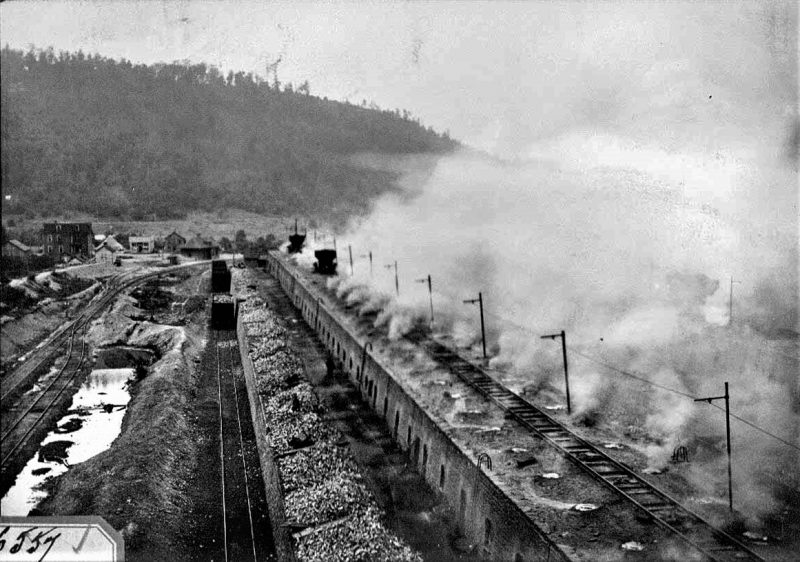The small village of Tyler, in northernmost Huston Township, skirts the Clearfield and Elk County boundary line. It was named for David Tyler, who settled in that part of the dense Bennetts Valley wilderness in 1848.
Neighboring Penfield is one of the older Clearfield County communities. Both villages rely on state Route 255 for travel and business doings.
Tyler radically changed from a collection of farmsteads and lumbering camps upon the arrival of the Clearfield Coal Company’s coal mining and coke oven works during the 1880’s.
Those interrelated enterprises were accompanied by the extension Pennsylvania Railroad lines, as well as those of the Buffalo, Pittsburgh and Rochester lines.
Clearfield Coal’s 8,000 acres supplied what seemed to be endless tons of coal, but was in immediate need of skilled and unskilled workers.
Immigrants from Eastern Europe and the British Isles made their way to Tyler. Their numbers never surpassed those from southern Italy.
The mountainous villages, south of Rome and east of Naples, were among the poorest in Europe. Immigrants from there, especially young men and women, emigrated in droves and found their way to the Bennetts Valley.
Life there, in the early 20th century was tough, to say the least, but there was opportunity to rise and prosper within a generation or two.
Italian-Americans brought their good work ethic, business acumen and strong family ties to Tyler. Their culture is still strongly imprinted upon Tyler and its surrounding communities.
Converting coal into coke is, in theory, a simple process. Coal is heated in the absence of air. Coke is the resulting product.
Like charcoal, which uses wood in the same way, the “cooked” coal then burns with a much higher output of heat. Coke was an essential ingredient in the manufacture of steel and steel built modern industrial America.
The photo shows a line of coke ovens in Tyler. Railroad cars and coal bins run close by them. A railway station and large building, likely a hotel, are shown. Utility wires ran close to the railroad line.
Working the coke ovens was hot, dirty and labor-intensive work. The air in Tyler was smoky, dusty and unhealthy. But the working families there persisted and did their best.
The coke ovens did not survive the Great Depression of the 1930’s. They were swept away in the economic tidal wave that devastated the U.S. economy then. Larger coke oven sites took precedence as the United States entered, fought and won World War II.
The site of the ovens today is mostly open space.
